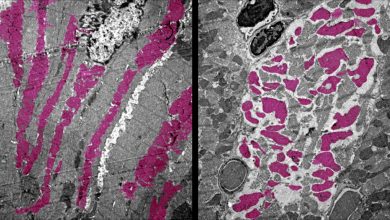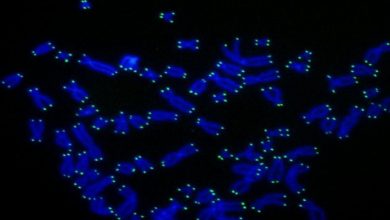
A recent study done at Oxford University revealed that breastfeeding influences maternal hypertension
Hypertension is also known as high blood pressure which causes severe complications and increases the risk of heart disease, stroke, and death. Hypertension is an important risk factor for cardiovascular disease in women.
A recent study done at Oxford University revealed that breastfeeding influences maternal hypertension which means that women who breastfeed more infants and for longer duration considerably show a lower risk of hypertension in postmenopausal women. This study was published in in the American Journal of Hypertension.
High blood pressure explained 9.4 million deaths and 7.0% of global disability-adjusted life years in 2010. According to the recent data of epidemiology, breastfeeding has a positive effect on the health of infants and their mothers. It also shows that breastfeeding for a long time can lead to many progressive effects like reducing children’s allergies, celiac disease, obesity, and diabetes mellitus. However, the effects of breastfeeding on maternal health have been little studied compared with the effects on the children.
Several studies have constantly found a clear association of breastfeeding with hypertension as absent breastfeeding or premature discontinuation was found to be linked with increased risks of diabetes mellitus, dyslipidemia, metabolic syndrome, coronary heart disease, and cardiovascular diseases.
For their research, researcher studied the population consisting of about 3229 postmenopausal women of age 50 years who were a non-smoker in the 2010-2011 Korea National Health and Nutrition Examination Survey.
In their research, researchers found that if women breastfed More children for a longer duration, it can reduce the risk of hypertension during their postmenopausal phase and also reduce the degree of obesity. It also moderates the insulin resistance and the breastfeeding-hypertension association. In particular, the highest quintile of a number of children breastfed (5 to 11) showed a 51% lower risk of hypertension compared with the lowest quintile (0 to 1). The highest quintile of the duration of breastfeeding (96 to 324 months) showed a 45% lower risk of hypertension.
However, the association of a wide range of chronic diseases with breastfeeding was not seen but some common mechanisms have been proposed to underlie the relationships between breastfeeding and these diseases. One of the proposed mechanism was that maternal metabolism (e.g., fat accumulation and insulin resistance) may be “reset” by breastfeeding after pregnancy, which decreases the risk of obesity-related diseases. Second, oxytocin release stimulated by breastfeeding may be associated with the decreased risk of these diseases.
“Our findings endorsed the current recommendations for breastfeeding for the benefit of maternal health in mothers’ later lives,” said the paper’s lead researcher, Nam-Kyong Choi.






